(Dan Tri) - National Assembly delegates said that many large assets that have been left untreated for a long time have lost their value and caused damage to both individuals, organizations and the State.
On the morning of October 30, the National Assembly discussed in groups the draft Resolution on piloting the handling of evidence and assets during the investigation, prosecution, and trial of a number of criminal cases.
Should we expand or contract?
Delegate Nguyen Hai Trung, Director of Hanoi City Police, stated that the unit is having to manage a very large amount of property evidence, which is very wasteful, while some assets that have been left for too long have lost their value.
"Many pieces of evidence cannot be liquidated, so we have to keep them tightly," Mr. Trung stated the reality.
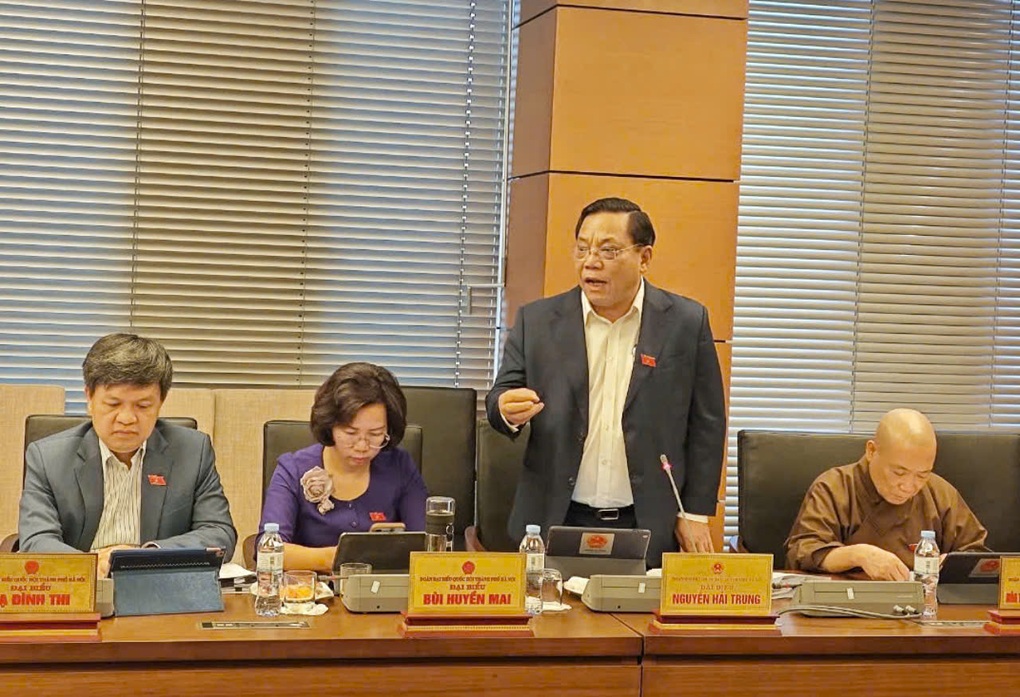
According to Mr. Trung, this leads to waste of assets that are depreciated and lose their value. Besides, there must be a warehouse for evidence, Hanoi Police must have a warehouse for evidence, the police of the districts also have warehouses for evidence, but where can the inner city districts get land to build warehouses with a huge amount of evidence.
In addition, a caretaker must be arranged. The Director of Hanoi Police cited a recent case in which dozens of tons of rare earth were not known where to store them, and a temporary house had to be built to avoid loss of property.
Mr. Trung affirmed that the current situation is very inadequate, difficult and frustrating. Therefore, the issuance of this resolution is very necessary.
“However, compared with the submission and resolution, the scope of regulation is too narrow. Only cases and incidents are monitored and directed by the Central Steering Committee on Anti-Corruption and Waste, and only a few projects,” Mr. Trung said, adding that it is necessary to consider expanding the scope, even having a law on this matter, and shortening the pilot period.
Commenting on this issue, delegate Nguyen Phuong Thuy, Vice Chairman of the National Assembly's Law Committee, said that the scope of the pilot should not be expanded but should only focus on cases monitored and directed by the Central Steering Committee on Anti-Corruption and Negativity.
According to Ms. Thuy, we should not be perfectionist nor hasty.
The delegate cited the example of the rosewood case in Quang Tri . Ms. Thuy said that the mistakes of the prosecution agency led to a series of mistakes that followed. In cases where property is evidence, after appraisal, the property can be auctioned and sold.
However, in this case, the investigation agency had set a price for sale, but later determined that this was not in accordance with the law.
Ms. Thuy believes that it is necessary to apply cautiously and supplement the legitimate rights and interests of organizations and individuals. The pilot period can be flexibly regulated, not necessarily 3 years, and should be evaluated while doing it and combined with amending other laws.
"There are cases where machinery is left for several years to become scrap metal."
From the banking perspective, delegate Pham Duc An, Chairman of the Board of Members of Agribank, said that the scope of adjustment needs to be broader.
Citing the case of Agribank handling the assets of Trung Nam Seafood Company, which had secured assets of about 280 billion VND, according to Mr. An, if the assets were handled at that time, they could have been recovered immediately, but up to now, the interest debt has arisen to more than 300 billion VND and the assets are still frozen.
He said the damage was not only to individuals but also to the State.
“If that amount of money were to be lent out, we would earn even more. If the money were put into the treasury, it would cause harm to the victims and reduce the defendant’s ability to remedy the consequences. Money in the treasury does not increase, but in commercial banks, hundreds or thousands of billions of dong would increase in just a few months,” Mr. An said.
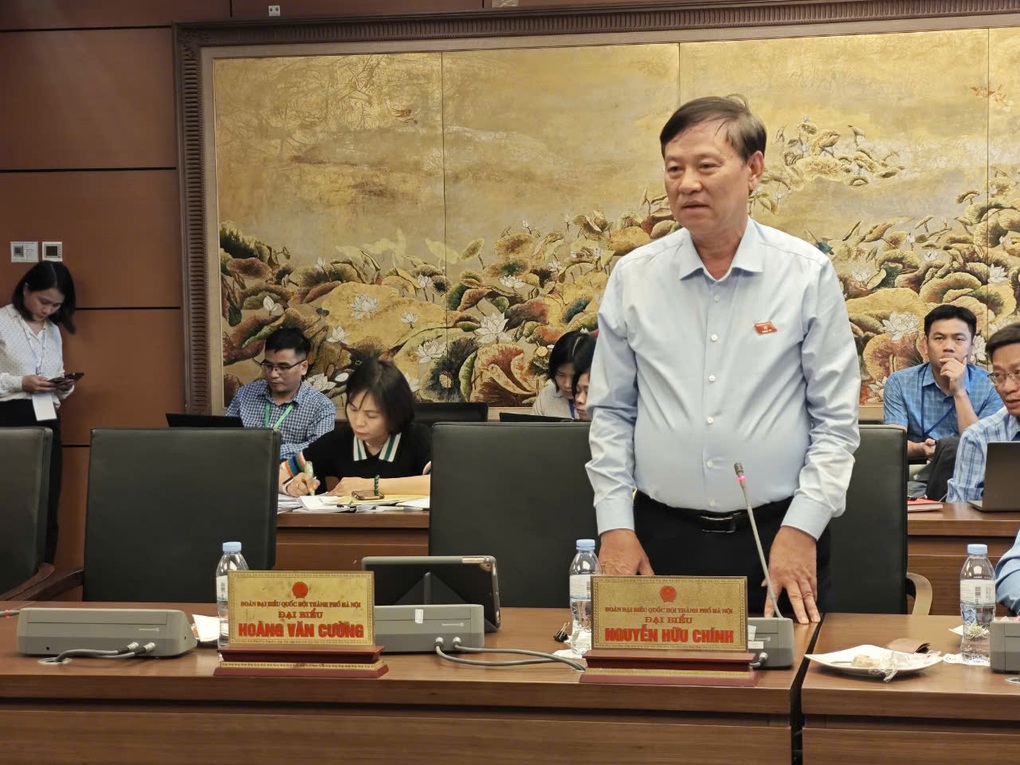
Speaking at the discussion, delegate Nguyen Huu Chinh, former Chief Justice of the Hanoi People's Court, proposed to soon issue a resolution, because the current regulations are extremely inadequate, causing disadvantages for defendants and victims.
According to him, under current regulations, when initiating a case, the investigation agency has the right to freeze and seize assets, but the final agency to handle these assets is the court, so the time is very long, usually lasting 1-2 years, causing damage to evidence.
Citing the case involving former Director of Bach Mai Hospital Nguyen Quoc Anh, Mr. Chinh said that medical equipment worth 40 billion VND was frozen and confiscated, but after the case was handled, no one dared to accept it and it was transferred to another hospital, so it had to be left empty.
"There are cases where machinery has been left for several years to become scrap metal," Mr. Chinh said, suggesting that the handling of these cases should not be limited to corruption cases but should be expanded in scope.
Dantri.com.vn
Source: https://dantri.com.vn/xa-hoi/dbqh-nhac-lai-vu-an-cuu-giam-doc-benh-vien-bach-mai-ky-an-go-trac-20241030122547543.htm


![[Photo] Prime Minister Pham Minh Chinh meets with representatives of outstanding teachers](https://vphoto.vietnam.vn/thumb/1200x675/vietnam/resource/IMAGE/2025/11/15/1763215934276_dsc-0578-jpg.webp)




![[Photo] General Secretary To Lam receives Vice President of Luxshare-ICT Group (China)](https://vphoto.vietnam.vn/thumb/1200x675/vietnam/resource/IMAGE/2025/11/15/1763211137119_a1-bnd-7809-8939-jpg.webp)
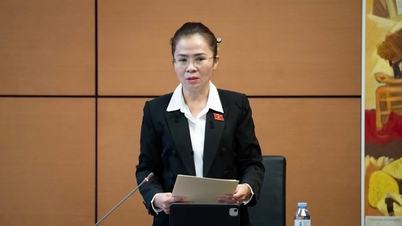



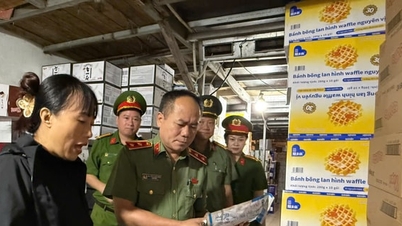

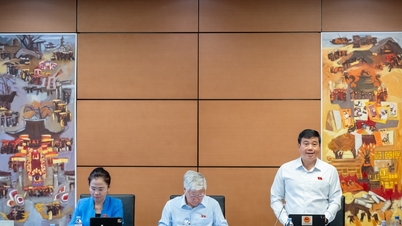

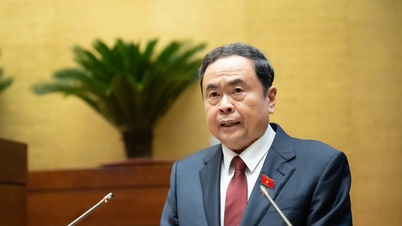





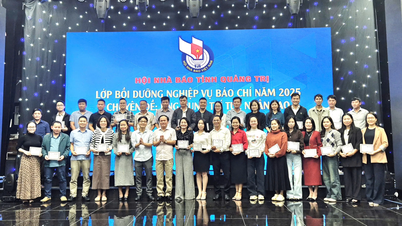
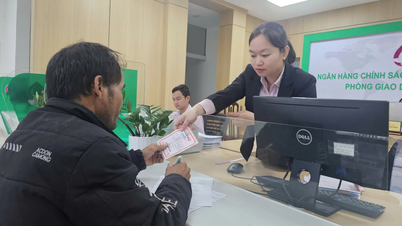







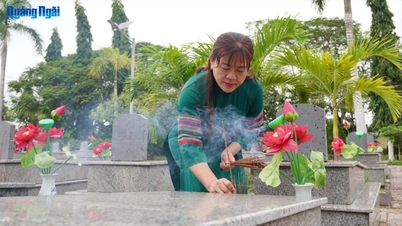
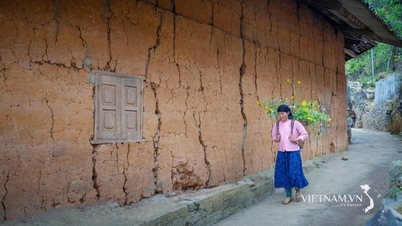
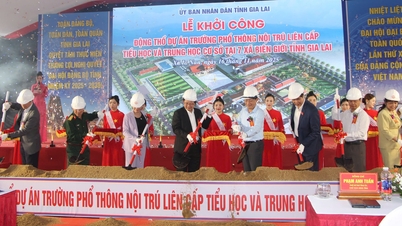
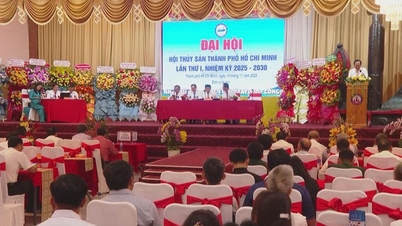
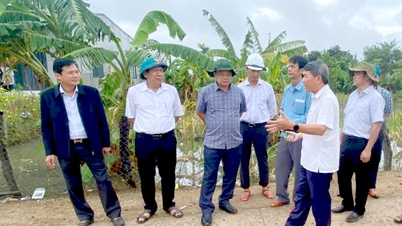







































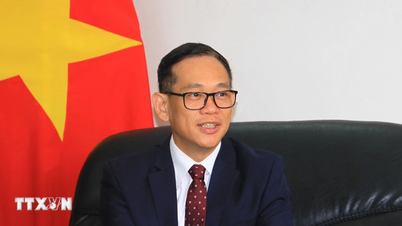
















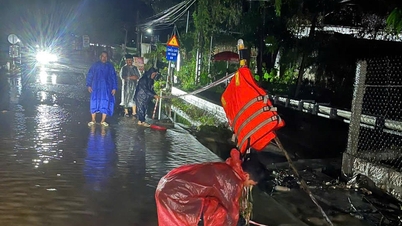














Comment (0)